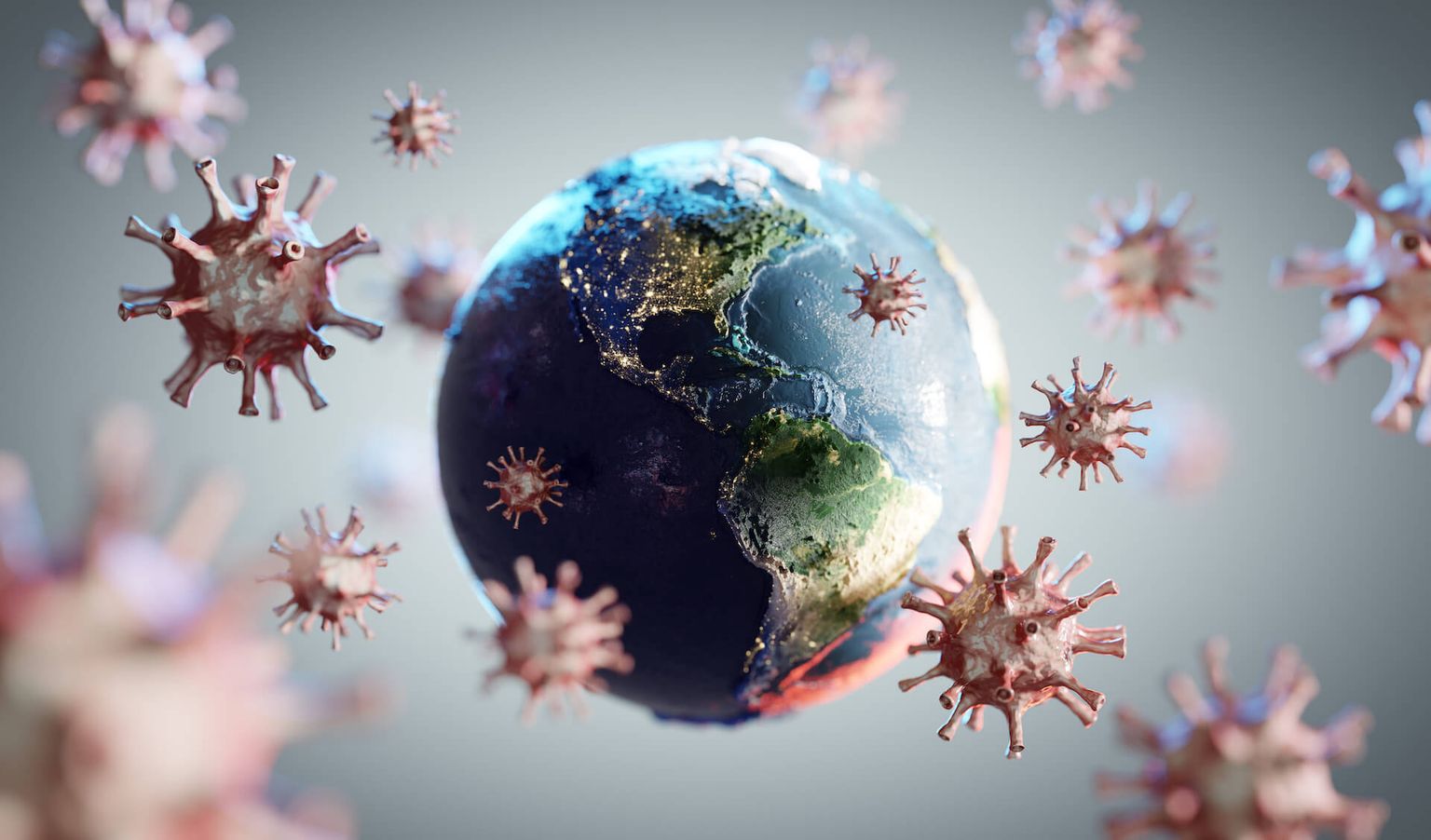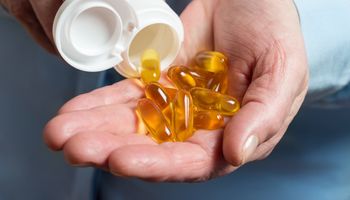In addition to the development of a vaccine against SARS-CoV-2 and the re-designation of existing therapeutic drugs, completely new drugs are also being sought and developed. Basically, there are two different approaches in development here:
- The use of antibodies to stimulate passive immunization, and
- The development of completely new drugs.
1. use of antibodies
Especially when using antibodies, there are several ways to apply them. The simplest is the transfer of blood plasma donated by people who have already recovered, i.e. who were previously ill. This is practiced in several countries, including Germany and Austria. However, a clear effectiveness of this therapy could not be proven yet.
Another possibility is the purification and isolation of antibodies from the plasma of convalescents. This has the advantage that the effectiveness of the different preparations does not vary. Some companies take this approach one step further: the most effective antibodies are selected and propagated by suitable biotechnological methods. Thus, at least in theory, an even more effective drug can be produced from the amplified antibodies.
A further stage of this approach is the development of an mRNA drug. The information gained about the nature of the antibodies can be used to assemble RNA strands that code for them. This means that this is actually a vaccination, as the body itself is stimulated to defend itself against the immune system.
There are also projects that are trying to use antibodies against related diseases such as SARS-1 or MERS. In laboratory experiments with infected mice, it has already been proven that the reproduction of coronaviruses is inhibited.
The last option is to develop antibodies entirely in the laboratory. These are either produced using laboratory animals or synthesised from scratch.
In all of the above scenarios, there are some promising candidates, some of which are already in clinical trials.
2 New drug development
In the development of an effective drug, many companies also pursue the classical route of drug discovery. In this process, large databases of molecules are first searched and evaluated by computer programs. Promising candidates are then first tested for efficacy and safety in the laboratory and then in animal experiments. Two drug candidates from the USA are already in Phase I trials.
Some companies in the USA and Asia are also trying to contain the virus by means of "gene silencing". In this process, certain genes of the patients are to be "silenced" by injecting RNA. The target genes are those of the host that the virus needs to reproduce. However, this type of agent, like many gene therapies, is still in its infancy.
When can an effective therapy be expected?
The approval of new drugs usually takes several years, as they not only have to be tested for efficacy but also for safety. However, many of the regulatory authorities have indicated that approval procedures for studies and marketing authorizations concerning Covid-19 will be fast-tracked and given top priority. This at least reduces bureaucratic hurdles in drug development. Exactly when these new drugs will be approved is unclear. Many compounds currently being tested are still in the early stages of clinical trials. Despite fast-track approval, it will likely be another 1-2 years before the first effective drugs against coronavirus are available.
Sources:






